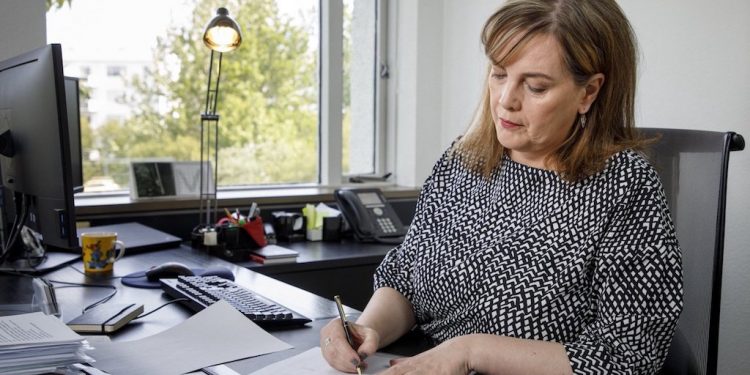Iceland’s Minister of Fisheries Svandís Svavarsdóttir has made public options for legislation that is aimed at reducing emissions of greenhouse gases by the fishing fleet and speeding up the transition to new energy forms, in line with the government’s policies.
Iceland is aiming for zero reliance on fossil fuels, with net zero and a full energy transition having been completed by 2040. A recent report on green steps forward for the sector forms the basis of the planned legislation.
These include a bill that would provide small-scale vessel operators within the coastal fishery regime with an incentive to invest in renewable energy sources by licensing them to land 750 cod-equivalent kilos of quota species per day during the 2022-23 season, instead of 650kg.
A second bill refers to smaller trawl vessels operating within the 12-mile zone that are currently licensed on the basis of an aggregate figure based on engine power and propeller diameter. The bill puts forward options to enable transfer to other energy sources, especially hybrid vessels.
‘These proposals are made to provide the Icelandic fishing sector with possibilities to be at the forefront of sustainable exploitation of resources,, value creation and carbon neutrality,’ Svandís Svavarsdóttir said.
‘This is a demanding project and there is a long way to go. But the most important thing is to make a start.’









